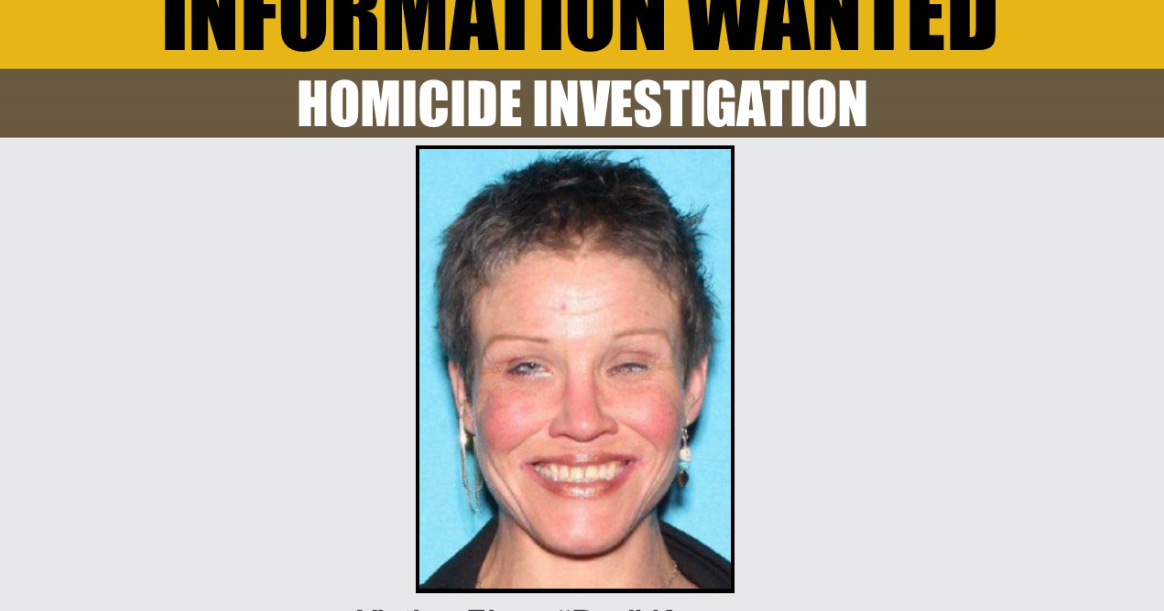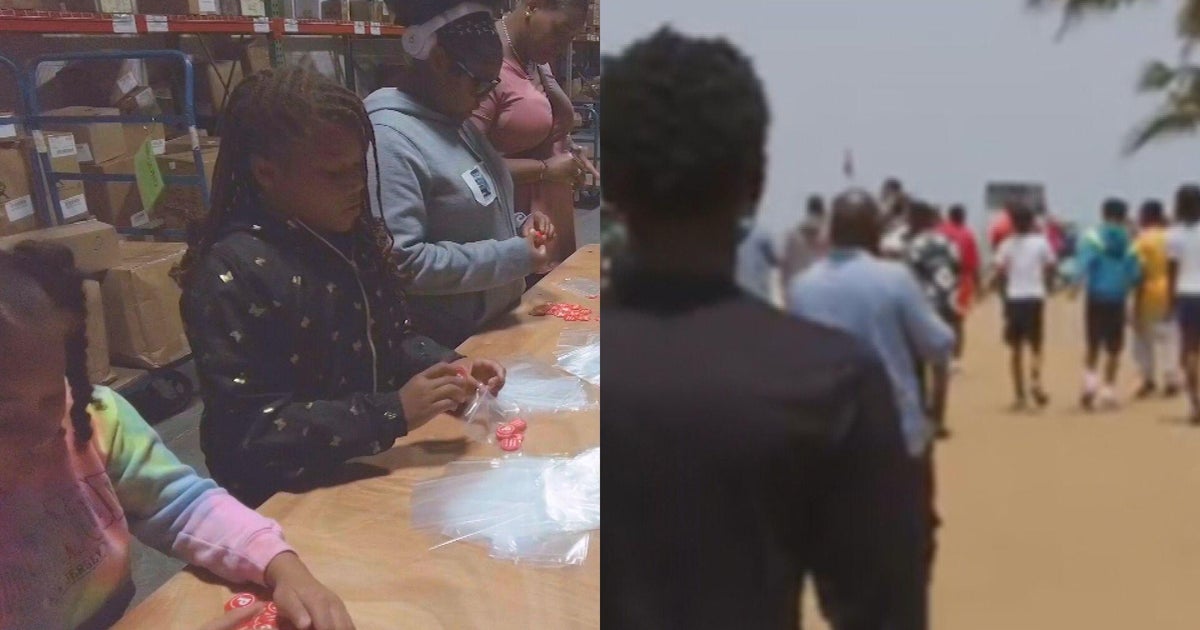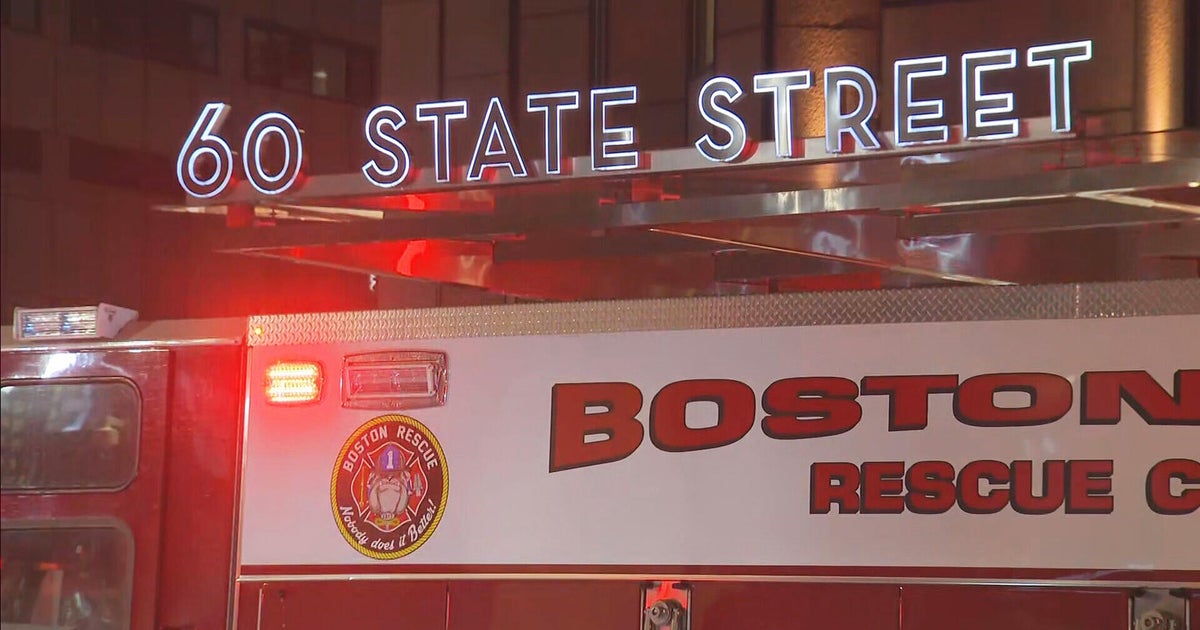5 Steps To Starting A Career As A Novelist
 Photo Courtesy of Simon And Schuster
Photo Courtesy of Simon And SchusterChristina Kovac worked for seventeen years managing Washington, DC newsrooms and producing crime and political stories in the District. For the last nine years, she worked for Tim Russert at NBC News, where she provided news coverage for Meet the Press, the Today show, Nightly News, and others. Christina Kovac lives with her family outside of Washington, DC. Her new novel, The Cutaway, is on sale now from Atria Books, an imprint of our sister company, Simon and Schuster.
Everyone said I was crazy to leave my day job in television. (I was). Weren't novels hard to get published? (They are). How did anyone get paid to write fiction? (I still don't know—see step five). But there are ways to mitigate the risks. I knew, because a career in television news had shown me the way to prepare for the uphill battle to become a published author.
Prepare for the leap off with a savings account. I wasn't a trust-fund baby, so I worked for months to save for my first job in television news, an internship at the Ten O'clock News in DC. The internship was a full-time gig for nothing but experience. That experience was so rich and rewarding, it got me to my first paid job in TV—a field producer-trainee making five-fifty an hour! That's five dollars and fifty cents. But the low salary came with no expectations from my employers, which in turn gave me the freedom to make mistakes and experiment, and above all, to learn. Focus on the work, and trust the money will come.
Since you're making no money, no one expects much. It was my time to discover what kind of journalist—and later, writer—I was. Look around, see what fascinates you. Do you gravitate to hard news, features? In fiction, do you drink down genre (mystery, thrillers, romance, hybrids), or do you love literary works? Agents and publishers want to know what kind of author they're taking on. Newsrooms want to know if you'll fill their needs. And you need to know what makes you happy. Passion fuels you for the long hours and hard work needed to become good and sometimes passion is mistaken for mastery.
From the start of my news career, I was attracted to the high-stakes, life-and-death drama of crime stories. When I moved on to network news, which was mostly political coverage, I jumped at the chance to work on the story of a missing DC intern, Chandra Levy. Crime stories were still my strength and my love. I knew how that world worked, and the people within it. When I decided to write fiction, it was a no-brainer I'd climb back to that world. Even my favorite fiction writers wrote mysteries and crime: Megan Abbott, Laura Lippman, Tana French, and before them: Scott Turow, Donna Tartt's The Secret History, and so on. Once I began writing fiction, I stopped reading my favorites and started studying them. A book every week, reading every night, and in the morning, I'd write—two or three hours, religiously, I immersed myself in the world of murder.
This is a journey, and you need someone to help you find your way. When I was an intern, a reporter pulled me aside and taught me most of what I know. Jackie Bensen continues to report important stories every night, and I admire her not just for her talent, but for her generosity in teaching others what she knows. Writers tend to be equally generous people. Look for someone you can learn from at workshops or classes. Your local bookstore or library or community college may host classes or have lists of writer's groups to join. Professional organizations, such as the Mystery Writers of America, are also terrific resources. And, if you are very lucky like me, your greatest mentor may just be your agent.
Write your book to the best of your ability before you search for an agent. You can self-publish it, certainly, but if you want a career as a fiction-writer, you need an agent. They know more about the business than you will ever know. They know what editors are looking for a book like yours. They know what publisher will put the most into selling your book, and in turn, publishers know and trust the good agents. Dan Conaway, my agent, sold The Cutaway to a great publisher, who has been a joy to work with, then he sold the TV rights. I have no idea how any of this happened, only that he used his heart and energy and resources/connections to do it, as he does for every one of his writers every single day, and he makes it all look easy. It's not. Don't try this yourself.







